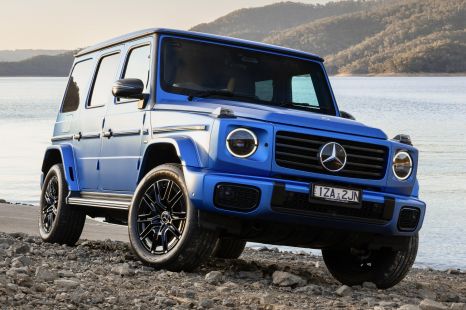

Max Davies
5 Days Ago
Sixt is phasing out Tesla's electric cars from its fleets as aggressive price cuts have driven down their resale values.

News Editor
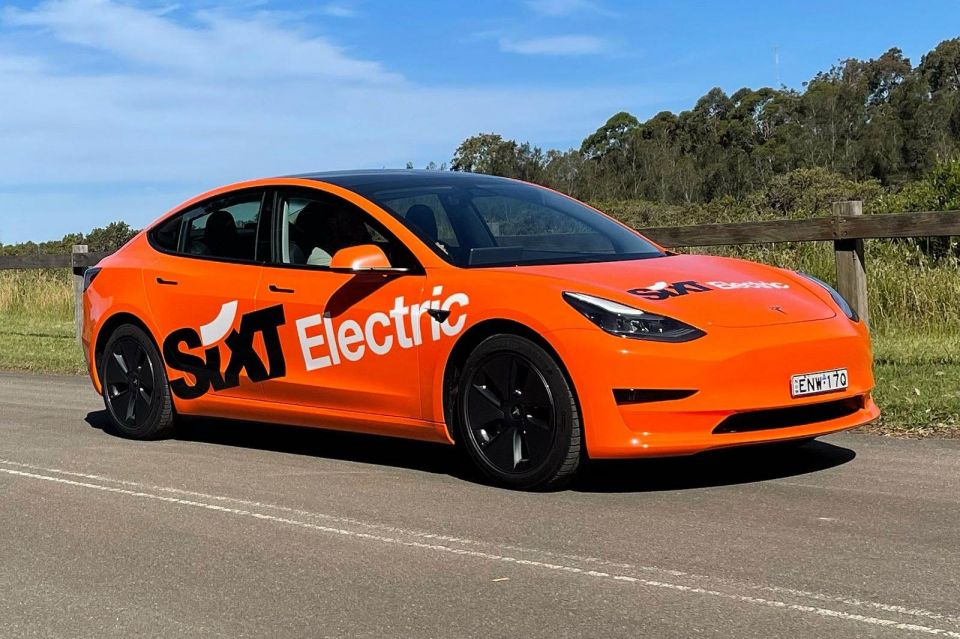

News Editor
Tesla’s price cuts have reportedly had a casualty, and it’s not a rival.
Bloomberg reports car rental company Sixt is phasing out Teslas from its fleet, citing poor resale values.
In an email to customers seen by the news outlet, Sixt claimed these resale value issues are being compounded by higher repair costs for electric vehicles (EVs) vis-à-vis combustion-powered models.
The letter says there are “significantly higher holding costs for Tesla vehicles”, and that the company won’t be purchasing any additional Tesla vehicles.
Nevertheless, a spokesperson for the firm said it still plans to electrify as much as 90 per cent of its European rental fleet by the end of a decade.
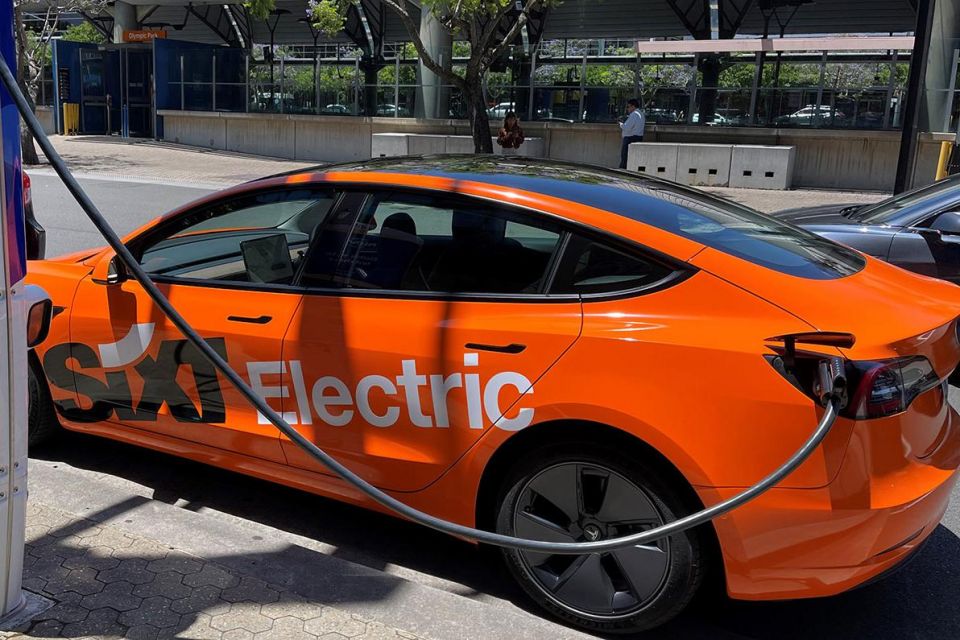
It recently agreed to buy around 100,000 BYD vehicles by 2028.
It’ll begin its BYD rollout in Germany, France, the Netherlands and the UK, with vehicles appearing on fleet this year.
Sixt recently agreed to buy at least 500 BYD Atto 3s for its Australian fleet, with aims of operating the largest and most wide-ranging EV fleet for hire Down Under.
It already offers the MG ZS EV, Tesla Model 3 and Model Y, Hyundai Kona Electric and BMW iX3 in Australia.
The German company’s Australian operation opened in December 2021, run on a franchisee basis by the NRMA – which has its own charging network and furthermore owns a stake in Chargefox alongside its fellow state motoring clubs.
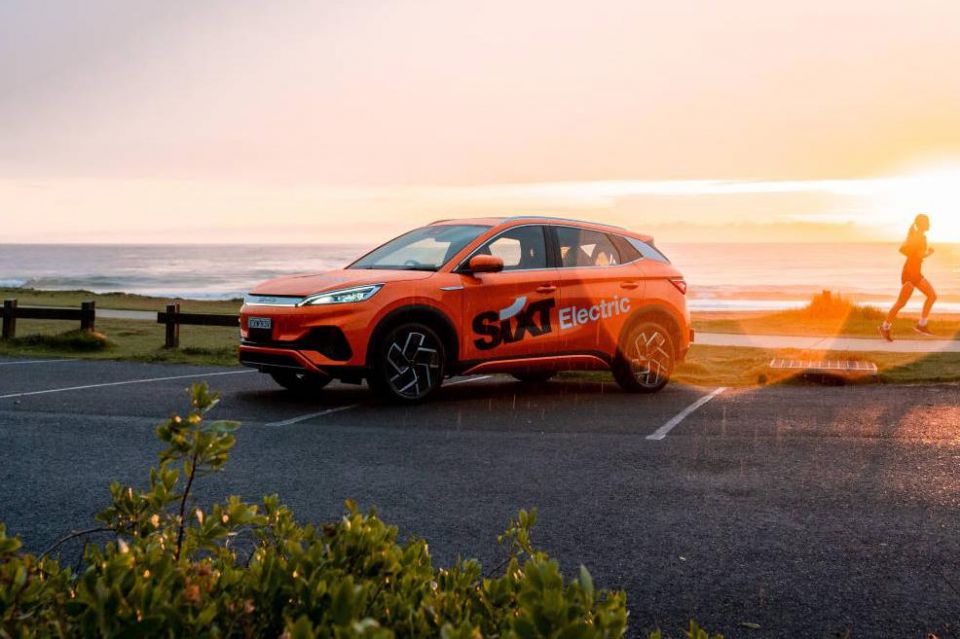
Sixt says it plans to convert half its 16,000-strong nationwide rental fleet to electric “in the coming years”.
The German company isn’t the only one to move away from Teslas.
Hertz is slowing down its electrification rollout, reporting lower than expected margins in the third quarter of this year and citing EV repairs as one of the key challenges.
“Collision and damage repairs on an EV can often run about twice that associated with a comparable combustion engine vehicle,” said Hertz Global CEO Stephen Scherr in October.
“Our direct operating expenses remained controlled in the quarter as they grew with transaction volume.
“On a unit basis, we achieved productivity gains across most categories of auto. The exception remained vehicle damage costs, particularly those on our EVs, which we are addressing in a very targeted way.”
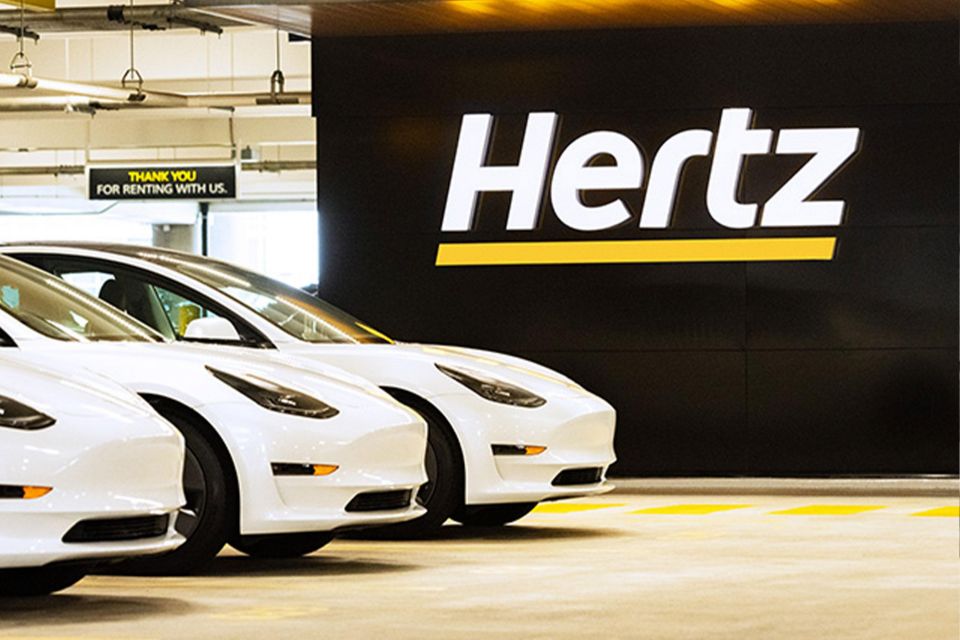
Mr Scherr added another reason why Hertz is slowing down its electrification rollout is due to price cuts.
“The MSRP declines in EVs over the course of 2023, driven primarily by Tesla, have driven the fair market value of our EVs lower as compared to last year, such that as salvage creates a larger loss and therefore greater burden,” said Mr Scherr.
Hertz claims it’s still staying “committed” to buying 100,000 Tesla cars, as well as 175,000 EVs from GM. It also inked a large-scale deal with Polestar which has seen the Polestar 2 added on Australian fleets.
“Our focus and our work with Tesla is to look at the performance of the car so as to lower the risk of incidents of damage,” said Mr Scherr.
“And we’re in very direct engagement with them on parts procurement and labour and the like.”
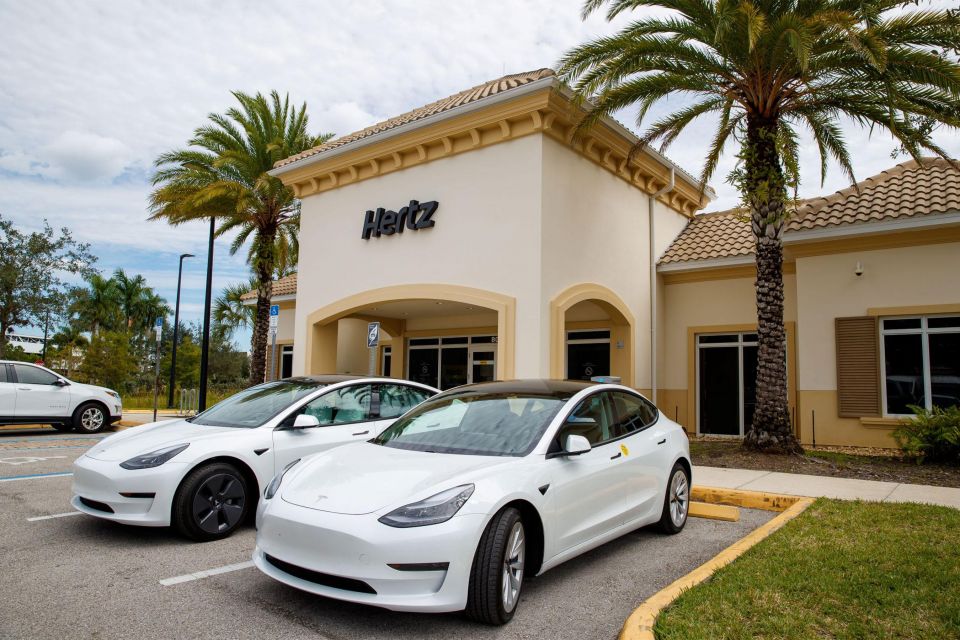
As Hertz purchases EVs from GM and other carmakers in the future, Mr Scherr said the company expects these non-Tesla EVs to have a “lower incidence of damage”, and a “lower cost of parts and labour”.
“Remember, in the likes of GM and other OEMs, there’s decades of establishment of a broad national parts supply network,” said Mr Scherr.
“There’s an aftermarket of parts that is there that is less mature obviously in the context of Tesla.”
After Hertz announced its plans in 2021 to purchase 100,000 Tesla EVs by the end of 2022, the US EV carmaker hit a US$1 trillion (~A$1.57 trillion) market cap for the first time.
But as reported by CNBC, Hertz currently has only 50,000 EVs in its fleet, with 35,000 of them being Teslas.
Around 11 per cent of Hertz’s entire global fleet comprises EVs currently, however the company won’t reach the previously stated goal of 25 per cent by the end of 2024.
Take advantage of Australia's BIGGEST new car website to find a great deal on a Tesla.
William Stopford is an automotive journalist based in Brisbane, Australia. William is a Business/Journalism graduate from the Queensland University of Technology who loves to travel, briefly lived in the US, and has a particular interest in the American car industry.


Max Davies
5 Days Ago
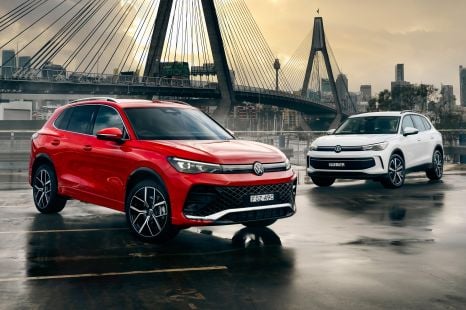

Max Davies
4 Days Ago
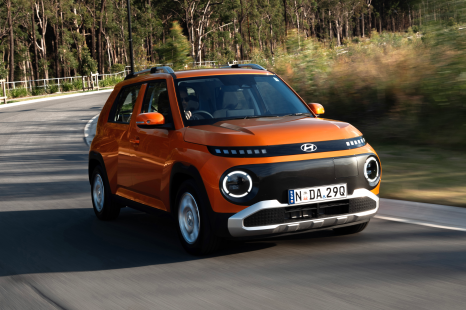

Josh Nevett
4 Days Ago
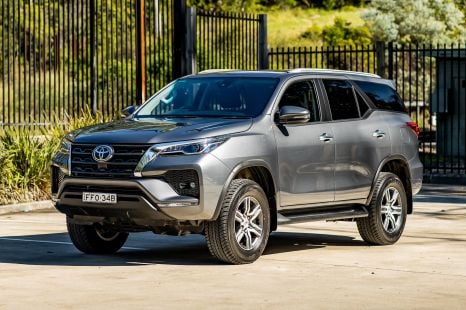

Matt Campbell
3 Days Ago
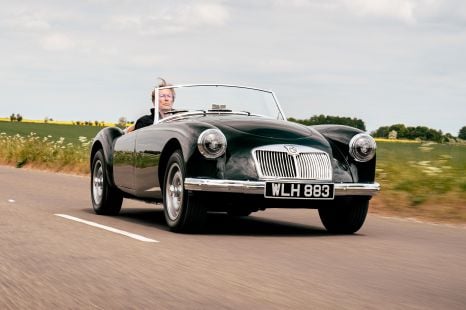

Angus MacKenzie
2 Days Ago
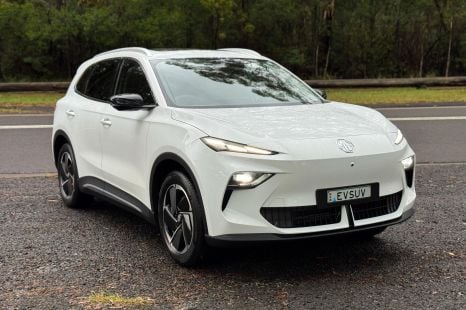

Matt Campbell
1 Day Ago